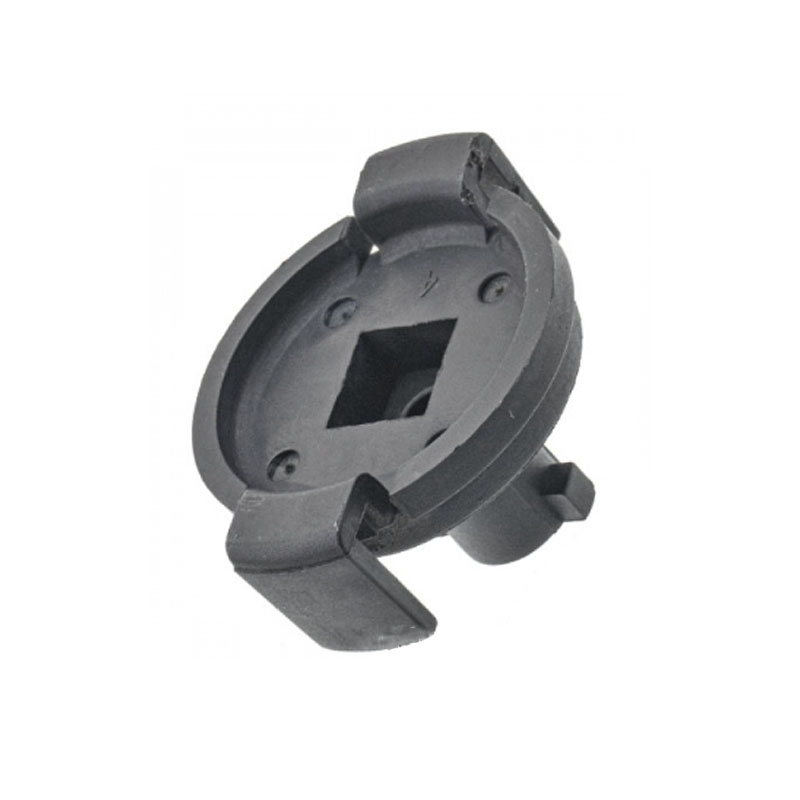filter housing gasket
Understanding Filter Housing Gaskets Essential Components for Efficient filtration Systems
Filter housing gaskets play a crucial role in various filtration systems by ensuring that the components fit securely and operate effectively. Gaskets are critical seals made from diverse materials, including rubber, silicone, and metal, depending on the specific requirements and environments in which they are used. The primary function of a gasket is to prevent leaks, maintain pressure, and enhance the overall efficiency of the filtration process.
In filter housing applications, gaskets are primarily utilized to seal the junctions between the filter housing and the filter media. When filters are installed, especially in industrial settings or areas involving high fluid pressure, any compromise in the seal can lead to a significant loss in filtration efficiency, or worse, contamination of the system. Therefore, selecting the appropriate gasket material and design is paramount to ensure long-lasting performance and reliability.
One of the main factors influencing the choice of gasket is the temperature and pressure conditions the gasket material must withstand. High-temperature applications may require gaskets made of silicone or fluorosilicone, which can resist degradation at elevated temperatures, while low-temperature applications might benefit from the flexibility of rubber gaskets. Moreover, exposure to chemicals and corrosive substances is another critical aspect to consider; in such cases, materials like Viton or PTFE are commonly used due to their chemical resistance.
The design of the gasket must also align with the housing specifications to ensure a proper fit. This includes considering the thickness, shape, and dimensions, as an incorrect gasket can lead to improper sealing. A well-formed gasket should provide enough compression at the joint to create an effective seal, but it should also withstand mechanical stress over time without deformation or failure.
filter housing gasket

Another essential aspect of gaskets in filter housings is regular maintenance and inspection. Over time, gaskets may wear out due to factors such as fluid corrosion, temperature fluctuations, mechanical stress, and aging. Regularly checking the condition of gaskets and replacing them as necessary can prevent larger issues like leaks or contamination. Implementing a routine maintenance schedule can significantly extend the lifecycle of the filtration system and enhance its overall reliability.
In the manufacturing sector, the quality of gaskets is paramount. Companies that produce filter housings must work closely with gasket manufacturers to ensure that the products meet strict industry standards. Compliance with regulations and certifications, such as ISO or FDA requirements, can help guarantee that the gaskets used in filtration systems will not compromise product safety or environmental standards.
Moreover, advancements in material science have led to the development of innovative gasket materials that offer improved performance characteristics, resistance to wear, and enhanced sealing capabilities. This evolution has fostered the creation of more efficient filtration systems capable of operating in extreme conditions, making filter housing gaskets an essential topic of discussion within engineering and manufacturing sectors.
In conclusion, filter housing gaskets are integral components that ensure the seamless operation of filtration systems. Their role in preventing leaks, maintaining pressure, and enhancing efficiency cannot be overstated. By understanding the various materials, design requirements, and maintenance needs, industries can choose the right gaskets to optimize their filtration processes and ensure product safety. Investing in high-quality gaskets is not only essential for operational efficiency but also for protecting the integrity of the entire filtration system.
-
Understanding the Front Main Engine Seal: Purpose, Maintenance, and Installation
News Jul.29,2025
-
Understanding O-Rings and Seal Rings: Types, Applications, and Custom Solutions
News Jul.29,2025
-
Understanding Crankshaft Oil Seals: Rear Seals, Pulley Seals, and Their Role in Engine Integrity
News Jul.29,2025
-
The Importance of Front and Rear Crankshaft Seals in Engine Performance and Oil Management
News Jul.29,2025
-
Crank Oil Seals: Functions, Types, and Cost Considerations in Engine Maintenance
News Jul.29,2025
-
A Comprehensive Guide to O-Rings and Seals: Types, Materials, and Global Applications
News Jul.29,2025
-
Mastering Diesel and Performance Engine Maintenance: A Guide to Critical Oil Gaskets
News Jul.28,2025
Products categories















